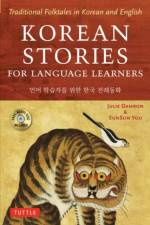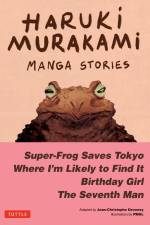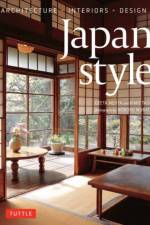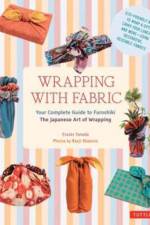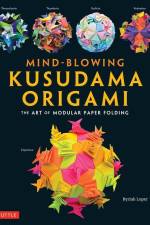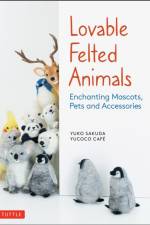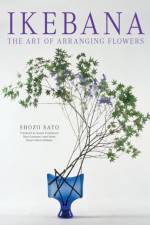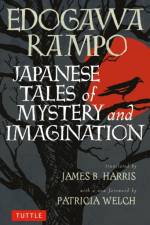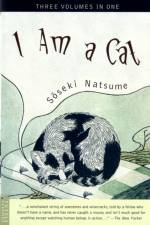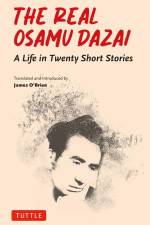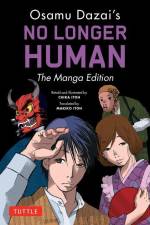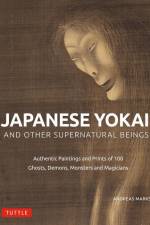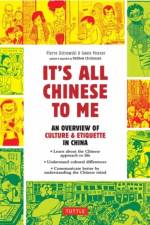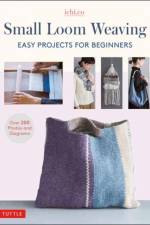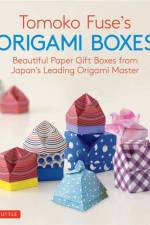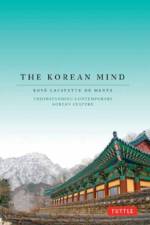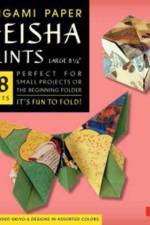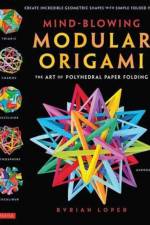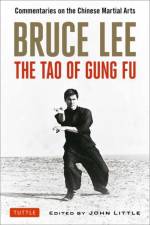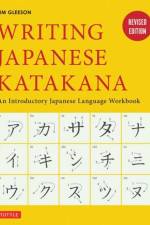von Manami Okazaki
25,00 €
"In an age when so much of our time is spent staring at screens, it is easy to understand why the warmth, intimacy and idiosyncrasies of hand craftsmanship should seem alluring...the term Mingei describes useful, unobtrusive, beautifully crafted objects." --Alice Rawsthorn, The New York Times The Mingei Folk Crafts movement, founded by philosopher and art historian Soetsu Yanagi and potters Hamada Shoji and Kawai Kanjiro in the early 20th century, celebrates the utilitarian designs in functional objects hand-crafted by village artisans throughout Japan. This book offers an illustrated guide to Japan's rich folk craft traditions and shows why the Mingei philosophy is even more relevant today than it was a century ago. Folk crafts have become associated with the Slow Life movement and the Wabi Sabi philosophy which values simple and imperfect items above the bright and shiny mass-produced objects of our modern culture. This book introduces 34 fascinating Japanese folk craft traditions--ranging from popular, widely-known ones to many lesser-known crafts that are equally exquisite but rarely seen. The crafts covered here include: Aizome Hand-dyed Indigo Textiles which use the leaves of the indigo plant to produce a rich, deep-blue colorBizen, the unique unglazed pottery with an earthy, rustic appearance--and simple, charming designsChochin Lanterns made of handmade washi paper stretched over a bamboo frame, found outside restaurants and temples, including the famous example at the entrance to Tokyo's Sensoji TempleEdo Furin Wind Chimes made of delicate hand-blown glass, one of the iconic symbols--and sounds--of the hot and humid Japanese summersInuharuko Papier Mache Toy Dogs, adorable pups that have acted as good-luck symbols since the Edo periodManeki Neko Beckoning Cats, one of the most popular folk crafts in Japan, with their right paw raised to bring in money and good luckTenugui Cloths, dyed using the chusen method to provide delicate color gradations and used as kitchen cloths, for wrapping or to wear as a scarf, as well as for framing since they are so beautiful!> This beautifully-illustrated book will be treasured by folk art collectors and enthusiasts worldwide. It features 400 color photographs and a comprehensive guide to buying Japanese folk crafts both inside and outside Japan.

